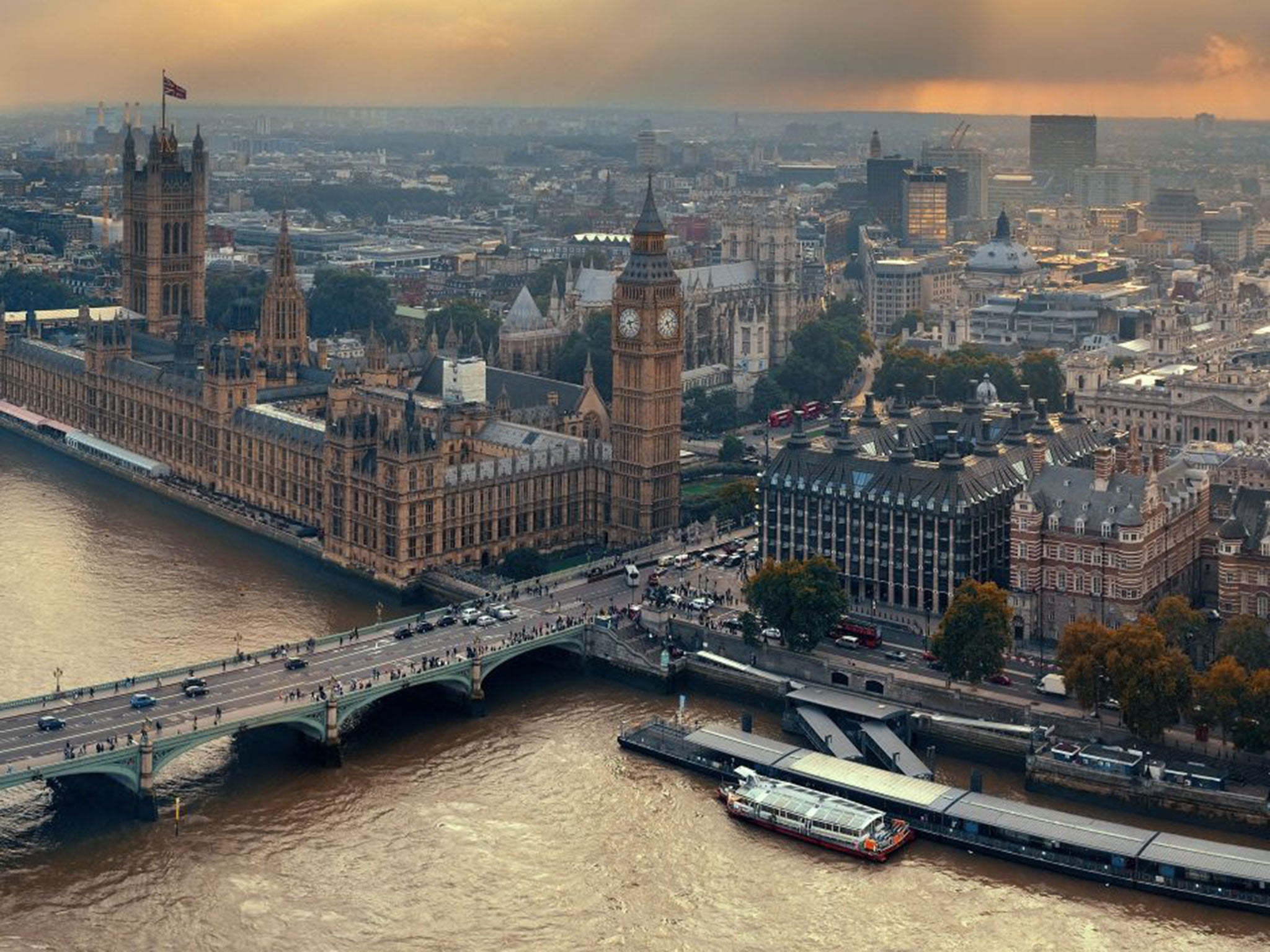Racial diversity: Civil service recruitment scheme 'has less diverse intake than Oxford'
Exclusive: New figures show that civil servants are drawn from a narrow social and economic pool

David Cameron, who has attacked universities for not admitting enough black students, has been accused of “rank hypocrisy” by presiding over a civil service with an even worse record on ethnic minority recruitment.
Last month universities denied they were guilty of “institutional racism” after the Prime Minister accused them, the armed forces and British businesses of “ingrained, institutional and insidious” attitudes that are holding back black people and “should shame our nation.“ Mr Cameron, who is Minister for the Civil Service, singled out his old university, Oxford. He also criticised universities for not taking more students from poor families.
But a review for the Government has now found that the civil service’s fast stream recruitment scheme has “a less diverse intake” than Oxford when the social and economic background of students is considered. And Labour has seized on figures published quietly on a government website showing that only 1.8 per cent of black and mixed race people who applied were accepted by Whitehall’s fast track recruitment programme – compared to 4.8 per cent of white applicants. Only 21 of the jobs filled in 2014 went to black and mixed race groups, compared to 766 white recruits, who took 86 per cent of the places. The overall success rate for all ethnic minority groups was 3.3 per cent, with 127 recruits taken on (14 per cent of the total).
Gloria De Piero, a Shadow Cabinet member, told The Independent: “It is rank hypocrisy for David Cameron to lecture Britain’s universities about their record on recruiting black and working class students when his own civil service fast stream has a recruitment record which is even worse. If he really wants to help young people from ordinary backgrounds to get on in life, he can start by putting his own house in order.”
The Government’s figures show a 5.1 per cent success rate for fast stream applications by students whose parents were in higher managerial or professional jobs, compared to 3.1 per cent rate for those with parents doing routine or manual work. The top group took 711 of the Whitehall posts, with 60 going to the bottom group and 106 going to an intermediate group.
Graduates from non-selective state schools made up 50 per cent of fast stream applicants, but only 43.6 per cent of successful ones. In contrast, graduates who went to private schools made up 18.5 per cent of applicants, but 22 per cent of those who succeeded. Of 718 candidates from poorer backgrounds who applied for the top graduate fast stream scheme, only eight succeeded.
Whitehall blames the problem on the education system. The programme’s latest annual report says: “A longstanding core principle of the civil service is that recruitment must be based on merit, regardless of background. We already employ many of the country’s brightest and best and it is therefore inevitable, and right, that many of these civil servants come from our best universities. If the best people, recruited on merit, do not reflect society at large then we need to look to our education system to provide more support for younger generations to ensure they have the opportunity to become our future leaders.”
The Whitehall report added: “It is our aim in the next three years, to recruit greater numbers of those currently under-represented in the civil service, in particular high-quality black minority ethnic, lower socioeconomic, disabled and lesbian, gay, bisexual and transgender candidates.”
Downing Street pointed out that Mr Cameron announced last October that “name-blind recruitment”— to tackle discrimination and ensure jobs are awarded on merit alone— would be introduced by the civil service and NHS by 2020. Teach First, Learn Direct, the BBC, HSBC, KPMG, Deloitte, Virgin Money and local authorities signed up to the Government's initiative. More than 200,000 apprenticeships will be created in the public sector by 2020, with more than 30,000 in the civil service.
Join our commenting forum
Join thought-provoking conversations, follow other Independent readers and see their replies
Comments